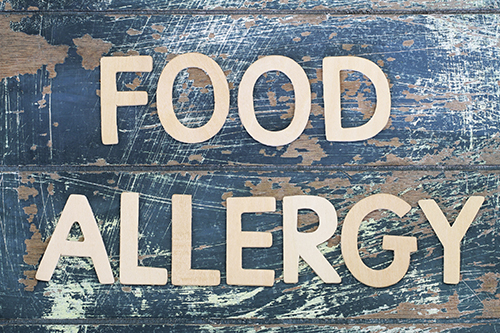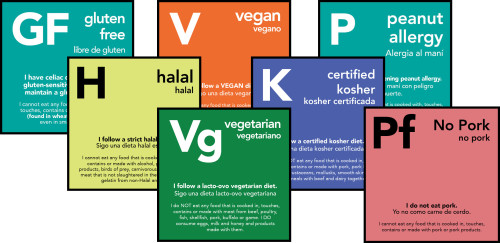Climatarian: The Diet Based on Your Footprint – Your “Carbon-Footprint” Last month on Twitter, Shawna McKinley of MeetGreen tagged me while asking #eventprofs if any of them were planning menus for “climatarians.” That was my first introduction to the word and I’m so glad she shared it with me. In 2015, a social network called Climates popularized the term climatarian to describe those who make specific changes in their diet to minimize their carbon footprint. “Climatarian is an easy meat eating diet that’s good for the climate and good for your health.” The site discussed food as a massive contributor to greenhouse…









